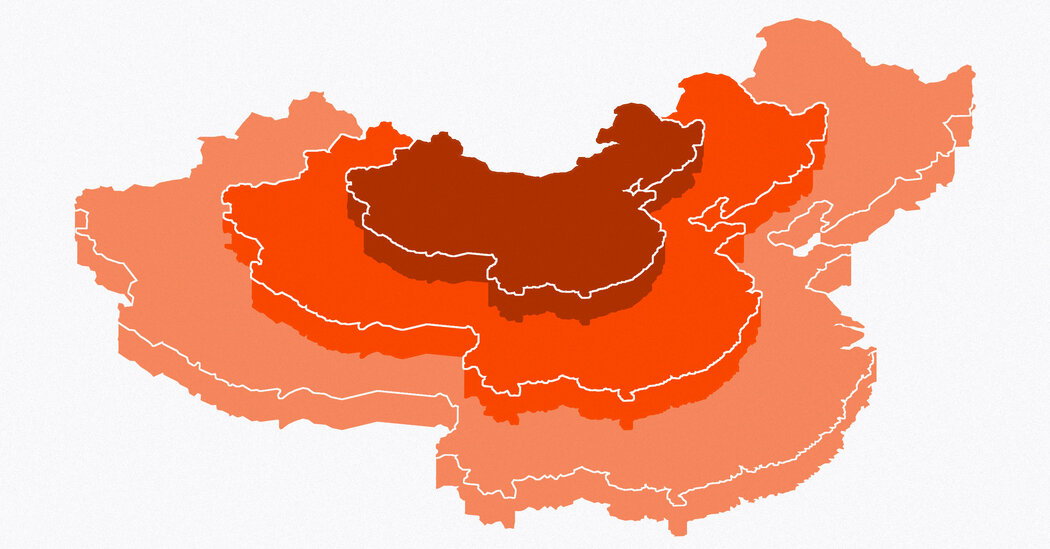
Adam Posen, the president of the Peterson Institute for International Economics, described China as suffering from a case of economic long Covid. In an article in the September-October issue of Foreign Affairs, he wrote:
Like a patient suffering from that chronic condition, China’s body economic has not regained its vitality and remains sluggish even now that the acute phase — three years of exceedingly strict and costly “zero Covid” lockdown measures — has ended. The condition is systemic, and the only reliable cure — credibly assuring ordinary Chinese people and companies that there are limits on the government’s intrusion into economic life — cannot be delivered.
In another article in the same issue, Ian Johnson also blamed the autocratic leadership of Xi Jinping, China’s president. Johnson, who has contributed to The Times and other publications and is now a senior fellow at the Council on Foreign Relations, wrote that China’s economic problems “are part of a broader process of political ossification and ideological hardening.” The Chinese call the sense of national stasis neijuan, which he translated as “life twisting inward without real progress.”
Ray Dalio, the billionaire founder of the hedge fund Bridgewater Associates, is more positive on China’s outlook but wrote in a recent LinkedIn post that the country needs a “beautiful deleveraging” to deal with overindebtedness. To spread out the burden, he wrote, there should be a combination of defaults and restructurings, which are deflationary, with money printing, which is inflationary but makes debt more affordable.
An open question is whether Xi is willing to do what’s needed. As Bloomberg’s Rebecca Choong Wilkins and Colum Murphy reported on Aug. 20, Cai Fang, an adviser to the central bank, recently urged direct stimulus to consumers. But the authors noted that “Xi in the past has warned against the trap of ‘welfarism,’ which senior officials say can lead to ‘laziness.’”
Back to Yi. He follows the crisis news, but he’s focused more on the long term, in which demographics play a bigger part.
One of seven children, Yi was born in Hunan, a mountainous province in southern China, according to a profile in the University of Wisconsin alumni magazine. He studied clinical medicine before earning a doctorate in pharmacology. He moved to the United States in 1999. He and his wife have three children, more than they would have been allowed under China’s ill-considered and since repealed one-child policy.


